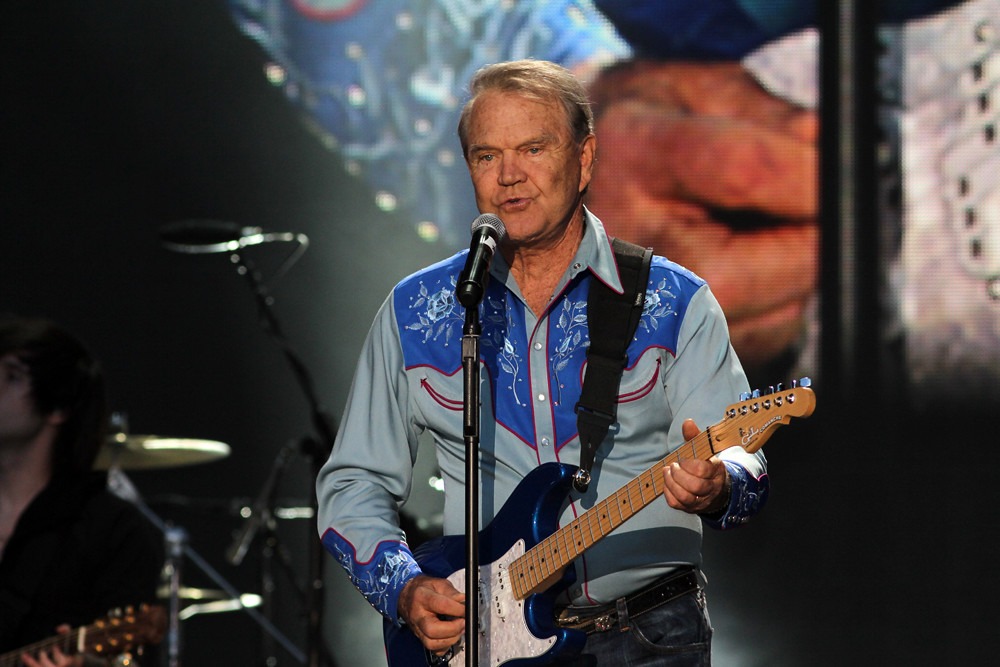Victory tastes sweeter when you’re finally singing your own songs on your own terms. John Fogerty just announced 11 additional Legacy Tour dates, kicking off Halloween night in Atlantic City and wrapping November 14 in Boston. Tickets go on sale August 27, but this isn’t just another classic rock nostalgia trip—it’s a masterclass in artistic reclamation that signals a seismic shift in how legacy artists approach their catalogs.
Family Business Meets Rock History
The tour supports Fogerty’s recent album “Legacy: The Creedence Clearwater Revival Years,” where he re-recorded 20 CCR classics with his sons Shane and Tyler alongside session legends Bob Glaub and Matt Chamberlain. These aren’t tired oldies getting the tribute band treatment. Fogerty owns these songs again after winning a decades-long legal battle in 2023, and the joy in his voice reflects that hard-fought freedom. When your kids can finally perform “Proud Mary” and “Fortunate Son” without feeding lawyers’ retirement funds, the music hits different.
The Taylor Swift Strategy, Roots Rock Style
Like Swift’s strategic “Taylor’s Version” releases, Fogerty’s re-recordings serve dual purposes: artistic satisfaction and economic justice. The difference? Where Swift battles streaming algorithms and social media cycles, Fogerty fought Fantasy Records through actual courtrooms for actual decades. His victory represents something bigger than one artist’s catalog—it’s proof that persistence can overcome predatory contracts. Every note on “Legacy” carries the weight of that triumph.
The new tour dates span major markets from Nashville’s Ryman Auditorium to Boston’s MGM Music Hall at Fenway, reflecting demand that cuts across generations and geography.
Beyond Nostalgia Into Revolution
The expanded dates reflect demand that goes deeper than boomer nostalgia. Younger audiences discovering CCR through TikTok and streaming playlists get to witness something rare: an artist controlling his complete creative narrative. Fogerty’s multi-generational band setup feels prophetic rather than gimmicky—a blueprint for how legacy acts can evolve without selling their souls or their master recordings.
The Legacy Tour isn’t just celebrating the past; it’s modeling the future where artists own their work from creation to performance. That’s a revolution worth buying tickets for.

























